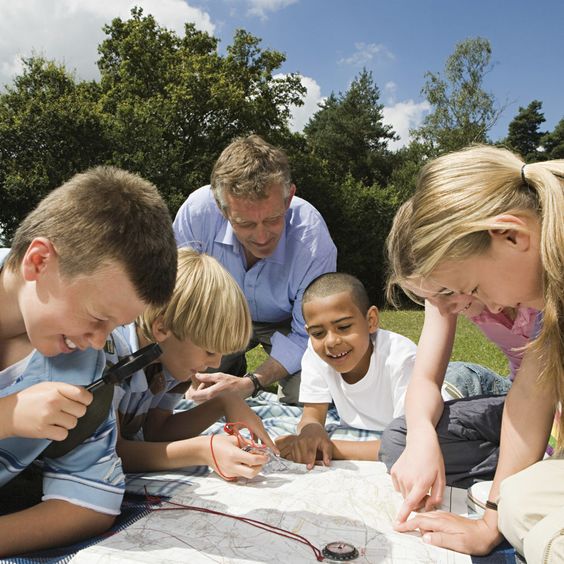Introduction
Primary SEAL (Social and Emotional Aspects of Learning) assemblies lay the groundwork for a holistic approach to education by fostering social and emotional development in young students. This focus lends itself to improved academic achievement, increased attendance, reduced mental health issues, and the enhancement of overall well-being. In this article, we will delve into the core tenets of Primary SEAL assemblies, how they operate within a school environment, and the impact they have on both students and staff.
Core Tenets of Primary SEAL Assemblies
1. Social Awareness: By addressing topics such as empathy, respect for diversity, and effective communication skills, students learn to consider perspectives beyond their own. This creates a conducive environment for collaboration and fosters positive relationships with others.
2. Emotional Awareness: Primary SEAL assemblies help students become aware of their feelings, as well as those of others around them. Recognizing emotions is the first step towards regulating them and equipping children with critical self-management skills.
3. Self-Motivation: An essential aspect addressed by Primary SEAL assemblies is instilling self-motivation within students. Encouraging children to set goals, work towards achieving them, and celebrating their milestones sets the stage for life-long learning progression.
How Primary SEAL Assemblies Operate within Schools
Primary SEAL assemblies are designed to complement existing curricula in primary schools by dedicating weekly or monthly sessions specifically tailored to addressing social-emotional aspects of learning. Many schools integrate themes such as friendship, cooperation or resolving conflicts into their daily lessons to ensure consistency in teachings across all subjects.
An assembly typically comprises story-telling sessions, role-playing exercises, group discussions or scenario-based activities where students can actively engage in reflections on various situations. Trained teachers facilitate these assemblies by using age-appropriate resources provided by educational experts that cater to different student needs.
Impact on Students and Staff
Primary SEAL assemblies have demonstrated numerous benefits for both students and staff:
1. Improved Academic Achievement: Developing social-emotional competencies creates a solid foundation for students to be active and engaged learners. This often translates into higher academic success, due to increased focus, critical thinking, and creativity.
2. Positive Attitude and Behavior: Gaining social-emotional skills enhances students’ emotional well-being, allowing them to exhibit more prosocial behaviors and fewer conduct problems at school. Students expressing strong self-regulation tend to interact positively with their peers and teachers.
3. Staff Satisfaction: The nurturing environment created by Primary SEAL assemblies allows the teaching staff to establish meaningful connections with their students, resulting in greater job satisfaction and improved teacher morale.
Conclusion
Incorporating Primary SEAL assemblies in primary schools is of paramount importance as it provides a comprehensive approach towards social-emotional development in young children. Supporting students on their journey of self-awareness, empathy, and resilience empowers them to thrive in both academic and social spheres, fostering a healthier generation of individuals ready to face life’s challenges head-on. Investing early in the emotional well-being of children ultimately leads to a brighter, more inclusive future for all.





